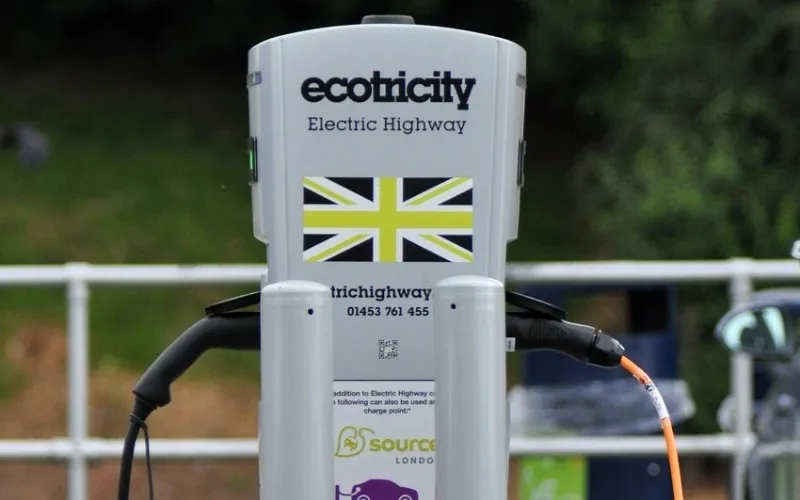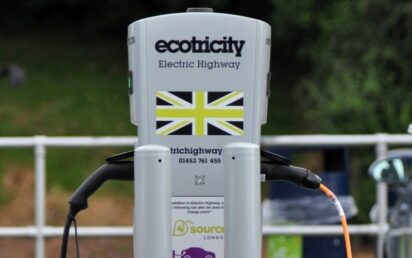As the UK sticks to its promises of a greener future, businesses are having to adapt to big changes in fleet management.
As it currently stands, from 2030, the government wants 80% of new cars to be zero-emission – this will rise to 100% by 2035. As a result, businesses have to manage their fleet operations and a major part of that strategy is figuring out integrated electric vehicle (EV) payment solutions.
Expanding Infrastructure
While far from fully established, the UK’s EV charging network is growing. It now has over 71,000 chargers across more than 30,000 locations, which is around 38% more than in 2023.
Backing this growth, the government plans to invest £950 million to add at least 6,000 high-powered charge points along motorways and major A-roads by 2035. This investment will help businesses operate EVs confidently on long trips as it helps eliminate range anxiety.
Improving Business Operations
Integrated EV payment solutions are helping give fleet managers and decision makers new levels of control and efficiency by merging fuel and electric charging into one easy-to-use platform. These cards can help enable real-time tracking of expenses, like any corporate card might, often along with consolidated billing and even HMRC-compliant documentation. This can cut down on admin tasks and provide useful data insights.
The Allstar Chargepass® card can access 55% of the 71,000 chargers across the UK,, including the Tesla Superchargers, which are generally considered to be the best.
Fuel cards can often provide flexible spending controls and real-time monitoring of charging expenses. This isn’t always easy to do with EV charging, but it’s become possible to manage both workplace and home charging from a single dashboard – depending on the provider you choose.
Workplace Evolution
Progressive businesses are now seeing workplace charging infrastructure as necessary. Through the Workplace Charging Scheme (WCS), companies can receive a grant of up to £350 per charging socket, covering up to 40 sockets across various locations. This initiative makes it more affordable for businesses to set up chargers , helping them retain employees and reinforcing their commitment to sustainability. Plus, the government gains as the private sector begins building critical infrastructure.
Environmental and Economic Impact
Transport remains the UK’s highest-emission domestic sector, with road transport accounting for 91% of those emissions. With stricter environmental regulations and an expanding Ultra Low Emission Zone (ULEZ), businesses will need to look into switching up their operations. Integrated EV payment solutions certainly ease this shift, often while helping stay compliant.
The financial benefits shouldn’t go overlooked. While investing in EV infrastructure may seem costly, businesses often save through lower fuel and maintenance costs, along with various government incentives. Additionally, adopting EV solutions can boost competitiveness in tender processes and improve brand image. It’s the opposite of greenwashing, as action speaks louder than words.
Looking Ahead
Transitioning to electric vehicles is more than a fuel change; it’s a shift in how UK businesses approach transportation, and how it aligns internationally with our European peers. Integrated payment solutions are a big part of this transition as they combine charging access, payment handling and management tools on one platform.
As the 2030 and 2035 targets approach, electric charging still has a long way to go. Early adopters position themselves at the forefront of an inevitable revolution, being a way to offer employee benefits that match the most competitive of companies.


